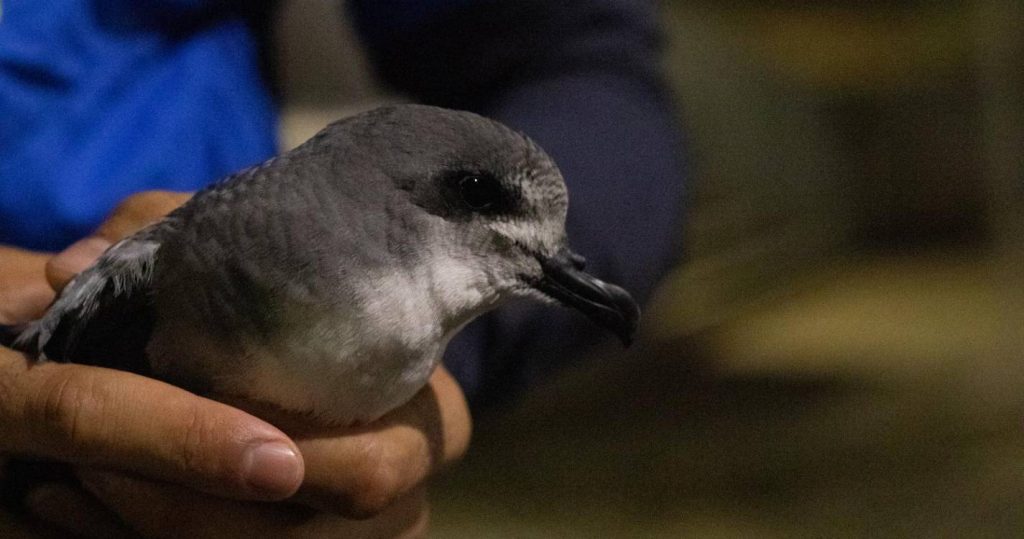The LIFE Natura@night project, coordinated by the Portuguese Society for the Study of Birds (SPEA), is transforming the night lighting of the archipelagos of Madeira, the Azores and the Canary Islands. In three years, the initiative has allowed energy savings of up to 60% in public lighting and a concrete…

